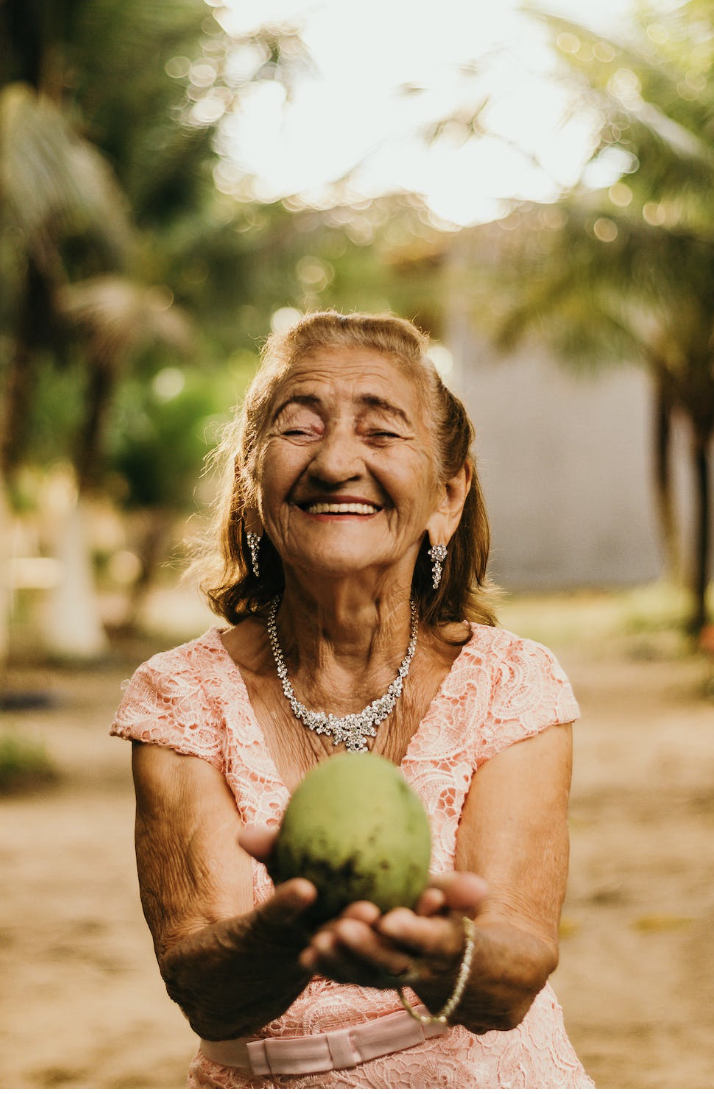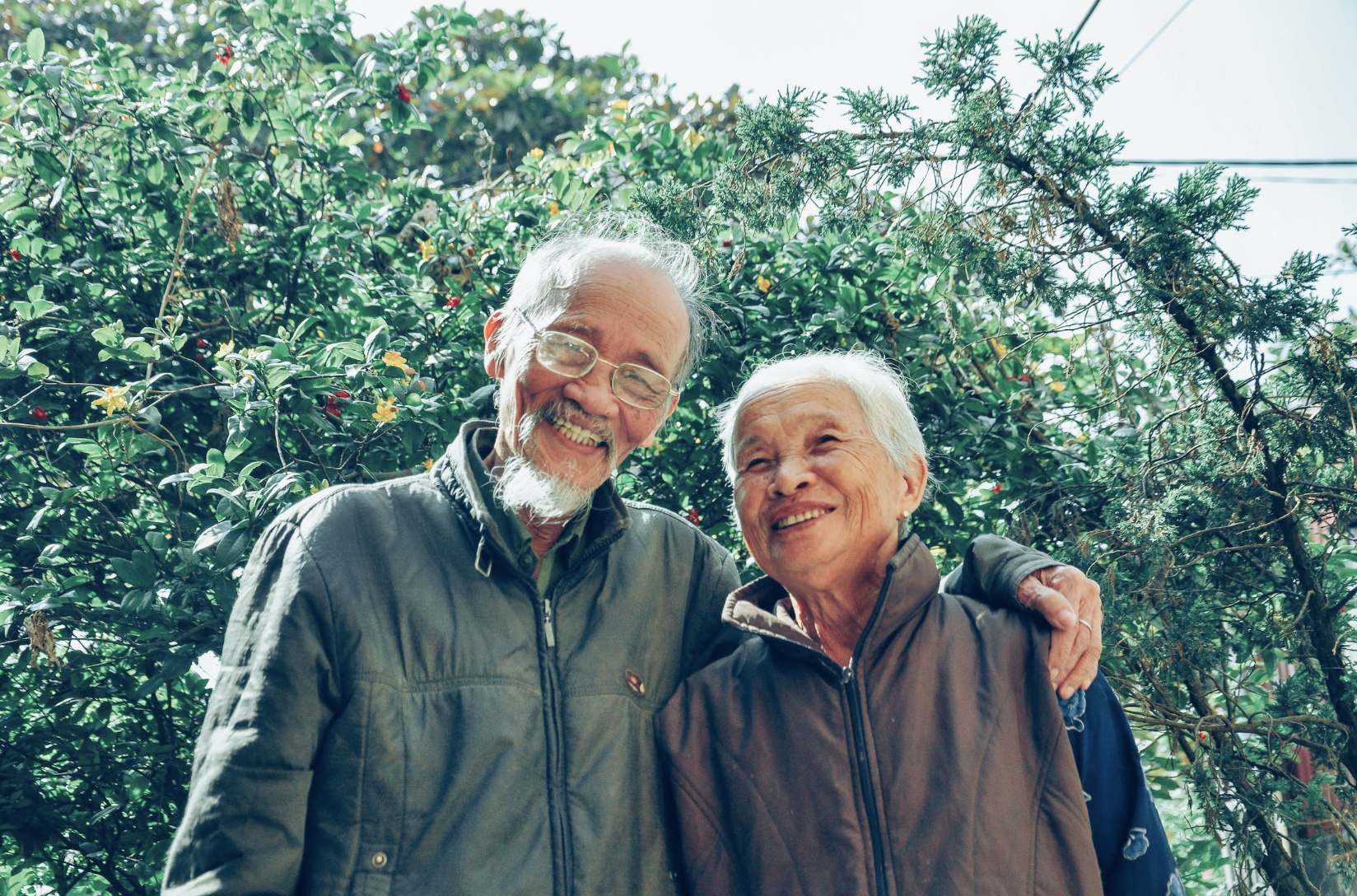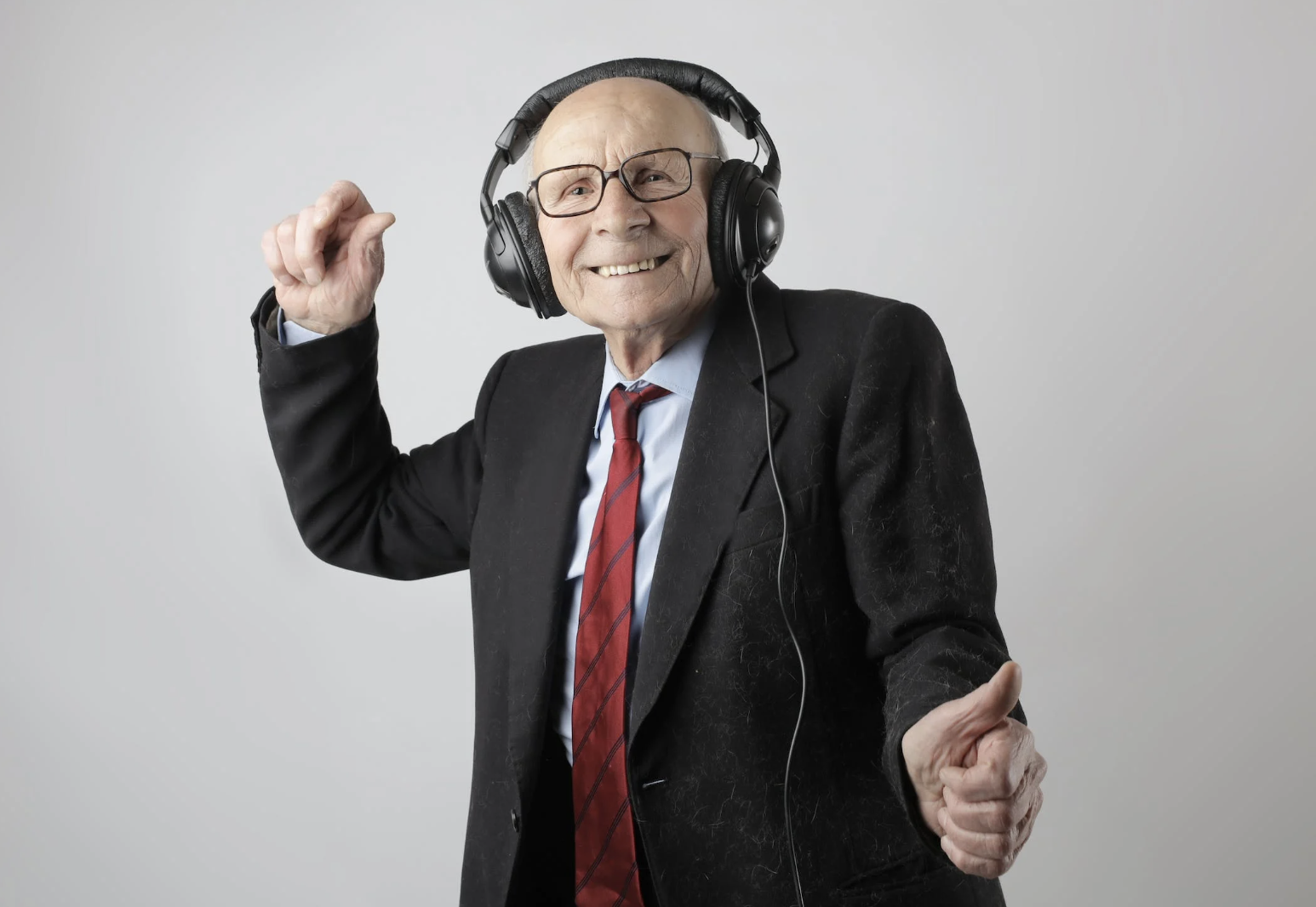
Is growing older something to be coped with, endured, or dreaded?
Indeed, with advancing years, people gradually lose some of their vitality and resilience, leading to physical decline.
Once effortless activities become more strenuous. The aged become vulnerable to joint pains, hypertension, memory loss, and other impairments often linked with the aging process.
This also comes with gradual losses in the sensory system, so that they generally cannot hear, see, feel, smell, and taste like they did before.
Once productively employed, the elderly are forced into retirement at 60, 65 or 70– a change that may breed boredom, loneliness, and a sense of having lost life’s purpose.
From such experiences have emerged the stereotype of the elderly as slow, feeble, frail, lonely and depressed, and unable to learn new things.
Even more dire, if comical, is the caricature of the elderly ”with silver in their hair, gold in their teeth, and titanium in their knees.”

Are these gloom and doom scenarios inevitable? Are old people bound to accept that physical and mental decline is the norm?
A recent survey of 1,500 residents, aged 21 to 99 of San Diego, California, USA, revealed that while older people are more physically disabled and cognitively impaired than younger ones, they have the edge in terms of mental health. People in their 20s and 30s were reported to have the highest level of depression, anxiety and stress. Older people, surprisingly, were found to be the happiest.
The study suggests that with age, there is progressive improvement of mental health.
No longer subject to the stresses young people typically face in order to forge ahead in their lives, older people tend to be happier, according to the Association for Psychological Science (APS). They spend much less and have lost the drive to acquire things they don’t need.
Seniors are also more mellow and tolerant of their own faults and mistakes and that of other people.
There is no shortage of people who defy the aging stereotype. Examples abound of men and women, upwards of 60, who live productive, fulfilled and vital lives. Let’s read about this in this article.

Lifestyle don’ts
Dr. Howard Tucker is a 100-year old medical doctor and lawyer from Cleveland, Ohio, who has practiced medicine for more than 75 years and was named “Oldest Practicing Doctor” by the Guinness World Records.
Even during the pandemic, he refused to slow down, as he kept up with his usual full week of treating patients and teaching medical residents. When his hospital shut down, he turned to medical legal review work.
When asked about his secrets – which is often — on how to say healthy, happy and mentally agile, Dr. Tucker points to lifestyle rules he has lived by. In particular, he identifies four things he will never do: retire, get out of shape, smoke, and restrict himself.
No to retirement: Retirees become inactive and at face greater risk of cognitive decline.
No to getting out of shape – Older people could swim, jog, hike and ski well into their late 80s to stay fit.
No to smoking – Smoking leads to cancer and pulmonary and cardiovascular diseases.
No to restricting oneself – Moderation allows seniors to live to the fullest while keeping them from going overboard and adversely impacting their health in the long run.
No to keeping one’s knowledge to oneself – Knowledge should be shared. In teaching others, one learns from them as well.

Gratitude mindset
Elsewhere, in the Philippines, Dr. Paz Hernandez Diaz, at 81, continues to teach two subjects at the Polytechnic University of the Philippines, while handling administrative duties as vice president for academics at the Asian Institute of Journalism’s Graduate School.
She has recently overcome Type 2 diabetes through proper diet and physical activities. “No rice, except on rare occasions and mostly cooked vegetables and raw salads.” She now has 20-20 vision after having undergone refractive and cataract surgery.
Dr. Diaz cites the adoption of a “use it lose it” mindset as key to staying mentally alert. She also mentions gratitude journaling, appreciation of others and herself and being constantly in the present as practices that ease depression and improve emotional balance. She also goes by Mother Theresa’s advice: “It is not the magnitude of our actions but the amount of love that we put into them that matters.”
10 Steps to Aging Well
Everyday Health prescribes ten steps to healthy, happy aging. These are: 1) Staying physically active (through regular exercise); 2) staying socially active (with friends, family, and within the community); 3) adopting a healthy, well-balanced diet; 4) taking care of oneself (regular medical consultations); 5) conscientiously taking doctor-prescribed medications; 6) limiting alcohol intake; 7) refraining from smoking; 8) getting adequate sleep; 9) practicing good dental hygiene; and 10) discussing sexual changes in oneself with one’s doctor.

Keeping Depression at Bay
Depression can afflict anyone, regardless of age. Older people are at risk because retirement brings with it a loss of identity, self-confidence, financial security, and sense of purpose. Medical problems can also cause depression, especially if painful, disabling or life-threatening. Symptoms of depression can also occur as a side effect of taking multiple medication.
Helo Guide formulated a self-help guide to help seniors overcome depression. The guide includes the following prescriptions: 1) Reach out and stay connected. As isolation can only make depression worse, seniors are advised to make an effort to connect with others. If this is not possible, they might invite loved ones to visit or keep in touch by phone, email, or social media. 2) Do volunteer work. Helping others will not only expand one’s social network; it is also a good way to feel better about oneself. 3) Adopt a pet to take care of. A pet will make excellent company and can keep one busy attending to their feeding and grooming needs. Walking a dog, for example is a great exercise as well as a venue for meeting new friends. 4) Focus on what one can still do rather than brood over disabilities and impairments. 5) Learn a new skill, preferably something one has always wanted to learn and that sparks their imagination and creativity. Examples: learning a new language, a new game or sport, or musical instrument. 6) Get involved with the community — Try attending a local event, tutoring kids, or volunteering for a favorite cause. 7) Take pride in one’s appearance. Looking their best can boost their self-confidence. 8) Go out whenever possible. Try taking a scenic walk or hike, going fishing or camping, or spending a day at the beach; 9) Be on the move – Exercise is a powerful antidote to depression. This does not necessarily have to be a rigorous workout, but rather in the form of taking the stairs rather than the lift, doing light housework, gardening, etc. 10) Adjusting dietary habits – dietary changes can go far in keeping depression at bay. Minimizing sugar and carbs alone can provide a quick boost. 11) Get enough quality sleep each night, somewhere between seven to nine hours. 12) Bask in the sunlight. A daily 15-minute exposure to the sun is recommended. Finally, 13) Know when professional advice should be sought.
Living the best life possible is a goal for everyone, young and old. Older people, in particular, are in a unique position to teach youngsters how to create and find happiness at every stage of their life.
Go, seniors!
Tags
References:
‘Old people are happier than people in their 20s. by Mandy Oaklander. www.time.com
“Understanding the effects of aging in the sensory system,’ http://www.extension.okstate.edu
Dr. Howard Tucker http://www.cnbc.com
Depression in Older Adults: Signs, symptoms, treatment. www.//helpguide.org
Ten steps to healthy, happy aging. http://www.Everydayhealth.com
“Why are Older People Happier.” http://www.psychologicalscience.org



0 Comments